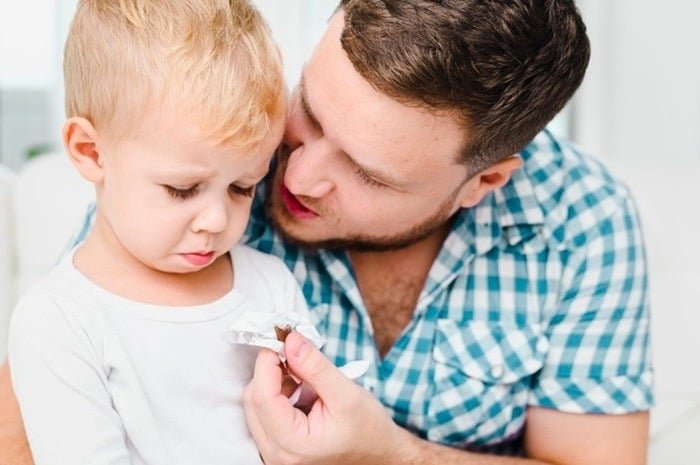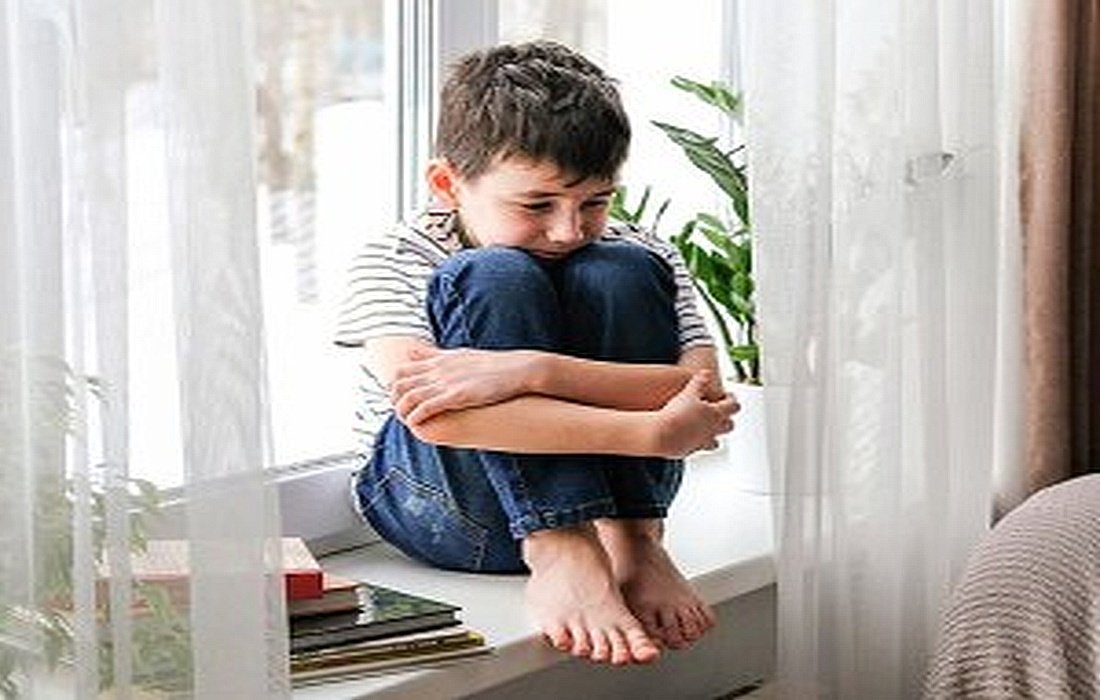Proper behavior with a sad child after the loss of their mother
The death of a mother is tragic and overwhelming for everyone, but coping with it can be much harder for children. A mother plays a vital role in a child’s life.Mental healthThis loss can lead to significant changes in the emotional and physical state of the child, so how we act around a child who has lost their mother is extremely important. In this section of Family PlusSelMagzWe have outlined how to behave with a child who has recently lost their mother.
Explain death to the child
One of the most common mistakes when dealing with a child who has just lost their mother is not properly explaining death. For example, when the child asks where their mom has gone, responses like “She went on a trip” or “She is with God” can complicate the situation, leading the child to wonder why their mother did not take them or feel guilty. Always explain the reality of death according to the child’s age.

Familiarize the child with their feelings
Children often do not recognize their emotions and may express sadness through aggression. Encourage them to talk about their feelings regarding their mother’s death.
Take the child to their mother’s grave
Contrary to the belief of many that children should not be taken to the grave, there are specific times when you should take them to visit the resting place of their deceased parent. This helps them understand the process of death and makes it easier for them to cope with reality.
Provide comfort to your child
Calm your child, pay attention to their feelings, let them express themselves, and do not avoid talking about their mother. Tell them their sadness will improve, but it requires time and care.

Reassure your child
Don’t try to play both the father’s and mother’s role; let the child know you will only be their father, someone they can rely on during tough times. Aim to be a good and supportive father rather than trying to fulfill both roles.
Spend time with your child
After the death of your spouse, you will also feel grief and mental struggles, but you must gather yourself and care for your child’s spirit. Do not let your sorrow lead you to neglect them, as it may make them feel they have lost both parents, negatively affecting their development.
Avoid giving unnecessary responsibilities to your child
Another common mistake fathers make after losing their spouse is expecting the child to take on adult responsibilities. This can harm the child’s mental health.

Avoid being overly sympathetic
Families, and even the father, may focus intensely on the child right after the mother’s death, but once the initial sorrow fades, their behavior tends to return to normal. This can harm the child. Never pity them, as pity can keep the child stuck in grief.
Do not instill guilt in the child
Some children blame themselves for their mother’s or father’s death and feel intense guilt. When discussing this, be careful not to make them feel guilty. Avoid painting an overly rosy picture of the afterlife to prevent thoughts ofsuicidefrom arising. For instance, do not say that God takes all the good people or that because their mom was good, she went to heaven.
Leave your child with trustworthy individuals
If you cannot meet all your child’s needs and care for them, consider sending them to their grandparents, an uncle, or a trustworthy relative. Ensure these individuals do not disrupt the child’s mental well-being.

Do not react negatively to the child’s memories
If your child wants to talk about their mother or recall memories, do not prevent them from doing so. Empathize with their feelings and support them; encourage them to draw or write positive stories about their mother.
Do not hide the mother’s belongings
Some people collect the deceased mother’s belongings to help the child forget sooner, but this can lead the child to develop negative feelings towards you. Never hide their mother’s things; give them something to keep and comfort them when they feel lonely.Help your child healIf feelings of sadness and crying persist for a long time, and the child experiences fear or insomnia,
stress
andanxietyescalate, you cannot address this alone and should seek the help of child counselors or an appropriate therapist.Explain death to the childExplain the mother’s death to the child







